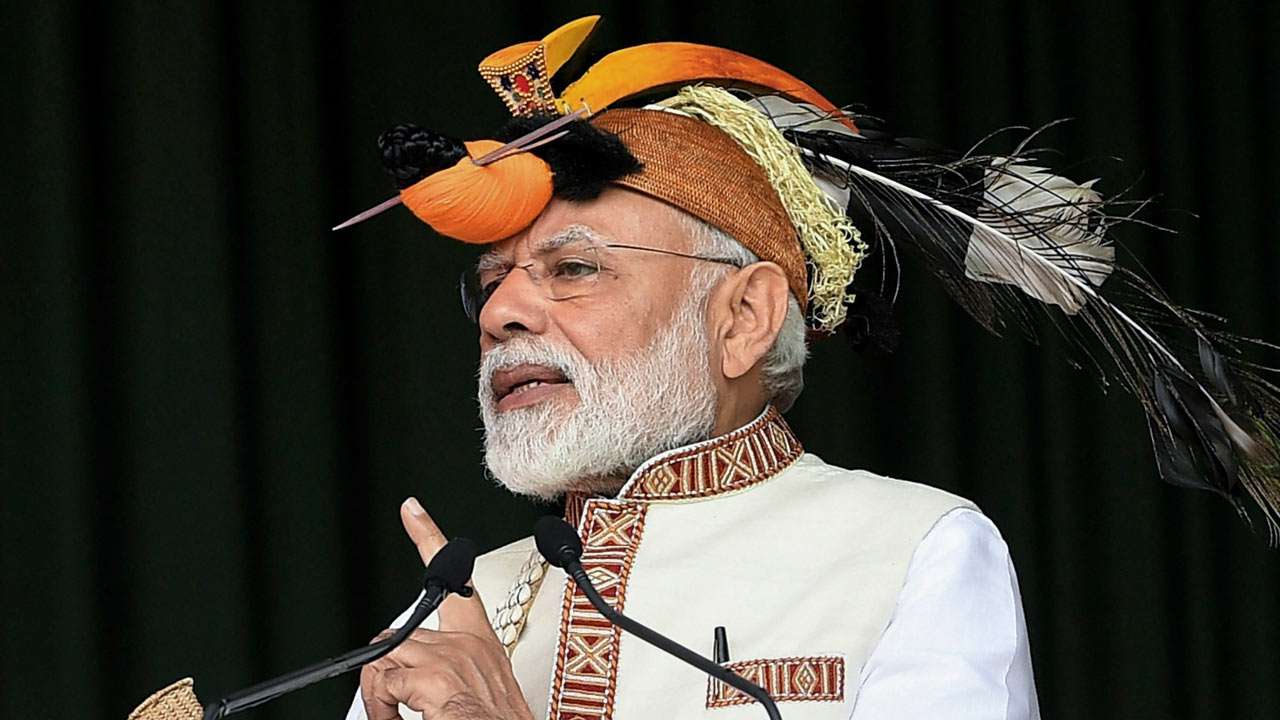
India has done well to stand its ground despite China’s visceral objections on Arunachal Pradesh. It has become Beijing’s habit to make unwarranted noises when anyone visits India’s eastern-most state, in a vain attempt to categorise it as disputed. If the visitor is a foreigner, as has been the case on a few occasions, s/he is uncomfortable, assessing whether it is worth their while to annoy a military and economic superpower like China. But Beijing seems to have crossed the threshold when it objected to Prime Minister Narendra Modi’s one-day visit to Arunachal Pradesh, on what was essentially a political trip marked by a series of inaugurations of infrastructural projects.
The Chinese foreign ministry spokesperson said it “resolutely opposes activities” by Indian leaders in the region, adding that such actions would hurt progress made by both sides and complicate the boundary question. New Delhi has dismissed China’s claims, saying that the North Eastern state remains an “inalienable” part of India and that its leaders visit Arunachal from time to time as they visit other parts of the country. Traditionally, India has used polite diplomacy to make its point, and unless the provocation is so grave, should continue doing the same. But there is little doubt that the infrastructural drive on the border launched by successive Indian governments has got China’s goat. On Saturday, the Prime Minister laid the foundation stone of an all-weather tunnel under the critical SeLa mountain pass that connects Tawang to the rest of the state. It will allow for faster troop movement, should the need arise.
For China, Tawang remains the apple of its eye and there are many experts who believe that the small town’s famous monastery in the hands of India is a sore point with Beijing, whose annexation of Tibet is closely linked to this historic place. In the 1962 border war, Chinese troops had reached Tawang. The Chinese outburst is also linked to its frustration. India’s stout defence in this region leaves it with very little leverage, apart from issuing periodic statements, particularly when a visitor is in the vicinity. 2017, a bad year for Sino-Indian ties, notably for the Doklam standoff, could well have been triggered by Dalai Lama’s visit to Arunachal Pradesh in the same year. The scene of the revered Buddhist leader visiting the Tawang monastery was seen by China as a grave affront to its sovereignty.
Beijing maintains that until the boundary question is settled, no Indian leader should visit Arunachal. It is a patently untenable position. The two countries have held 21 rounds of talks about the 3,488-km-long disputed frontier and despite some progress and gradual cooling of temperatures, any final resolution remains far away. So to suggest that until a settlement is reached nobody can visit Arunachal Pradesh constitutes a direct interference in the affairs of India. As a sovereign republic, surely no one can tell Indians where they can travel within their country.